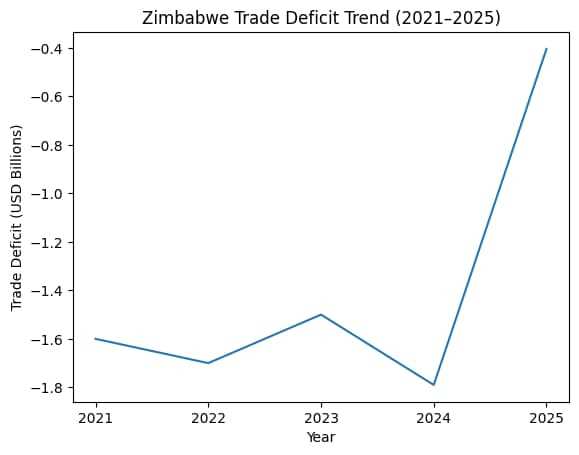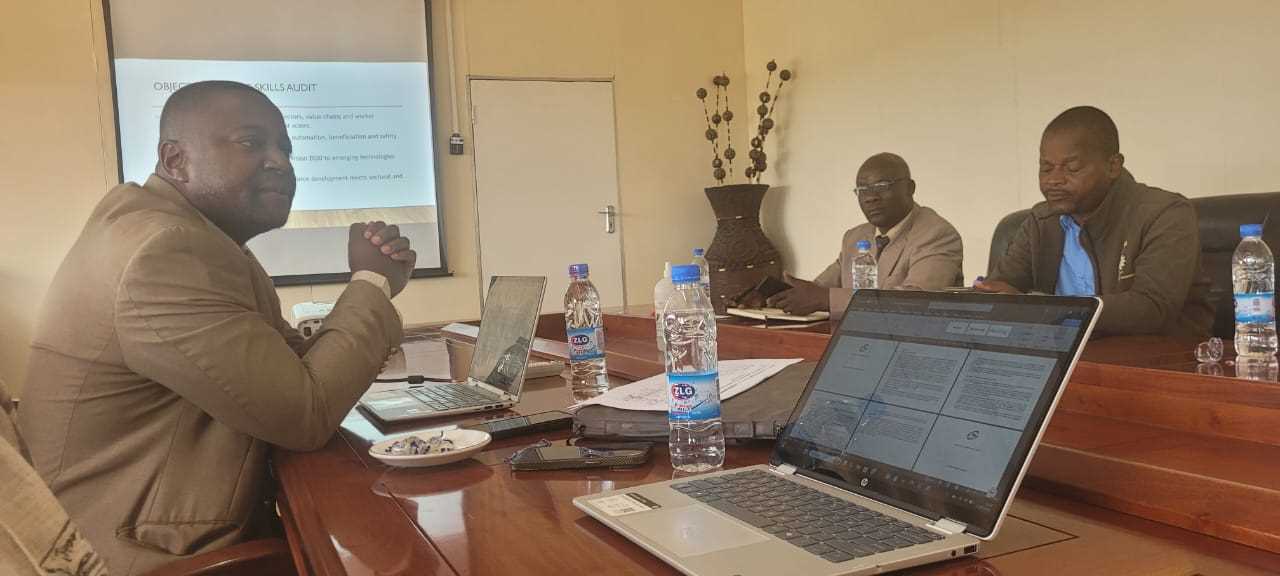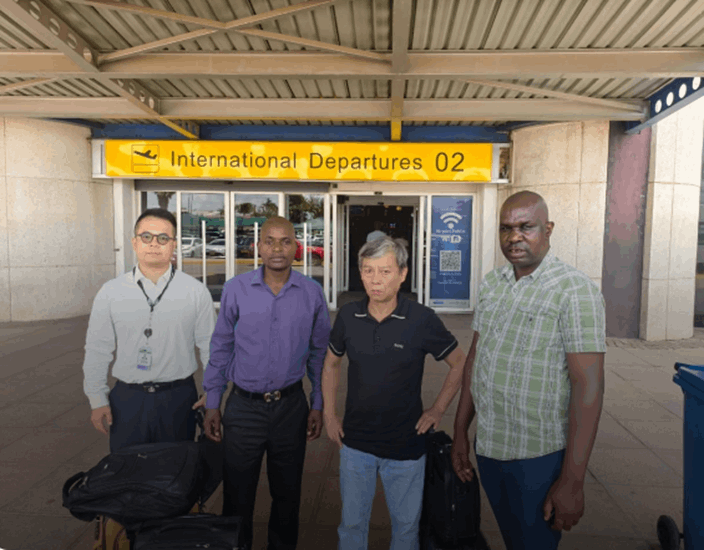
Nyashadzashe Ndoro
Chief Reporter
The Supreme Court of Zimbabwe dismissed an application for review of taxation filed by the Zimbabwe Stock Exchange-listed Dairibord Zimbabwe Private Limited against the Taxing Master and Richard Gangira.
The applicant had sought to challenge the award of costs granted to the second respondent, Richard Gangira, in the sum of US$7,661.00.
The application was based on the grounds that the Taxing Officer had erred in allowing a 50% premium on the taxed costs awarded to the second respondent's legal practitioner, which the applicant argued was not justified by law.
However, the court found that the applicant had failed to establish its case in its founding affidavit and that the oral submissions made by its counsel were not sufficient to salvage the application.
In her judgment, Justice Susan Mavangira stated, "The applicant having failed to establish its case in its founding affidavit, it cannot be salvaged by oral submissions that purport to do so. For that reason, the application is incapable of a successful result."
Related Stories
The court also found that the applicant, Dairibord, a manufacturer and marketer of milk, foods and beverage products, had not specifically identified which of the conditions listed in Part 1, Note 2 of the Law Society General Tariff of Fees for Legal Practitioners had not been met, and therefore, the second respondent's legal practitioner was not entitled to charge a premium.
The counsel for the second respondent argued that the applicant's founding affidavit did not make specific allegations as to the unmet conditions and that the oral submissions made by Mupamhadzi, counsel for the applicant, were generalised and did not establish any specific breach.
The court agreed with second respondent submissions and dismissed the application with costs.
In his judgment, Justice Mavangira also stated that the legal principle is clear: an applicant's case is solely determined by their founding affidavit. In this case, the second respondent was not given sufficient information to respond to specific allegations in their opposing papers, and was therefore unable to decide whether to oppose the application.
"The law is clear that an applicant’s case stands or falls on its founding affidavit. In casu, the second respondent was not placed in the position of knowing what specific allegations to respond to in his opposing papers; let alone enable it to decide whether to oppose the application or not," the judge noted.
This is such a trite and basic tenet that it becomes unnecessary to expend any further endeavour at going beyond this finding. The applicant having failed to establish its case in its founding affidavit, it cannot be salvaged by oral submissions that purport to do so. For that reason, the application is incapable of a successful result. There has not been established any reason for departing from the general rule that costs follow the result.
"In the circumstances, it is ordered as follows:
“The application be and is hereby dismissed with costs.”


















Leave Comments